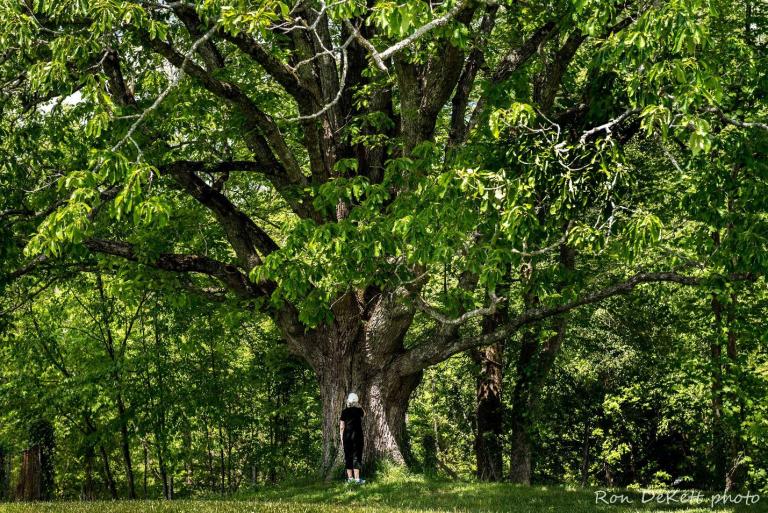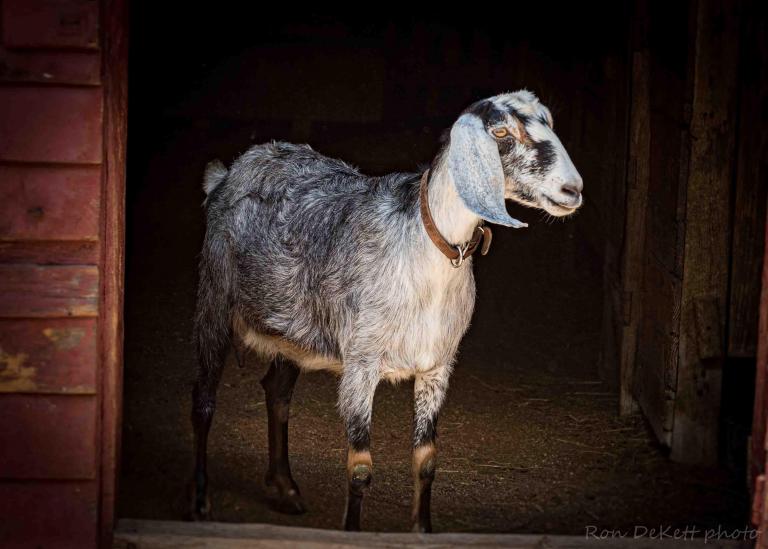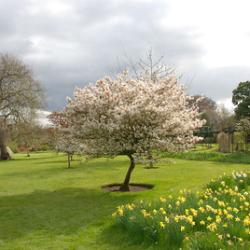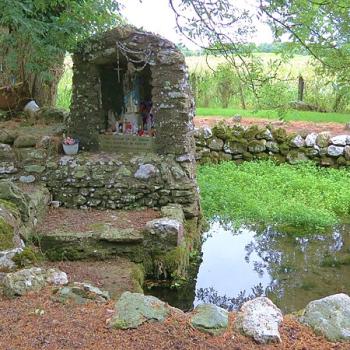
On Spring Equinox
Slow down,
I am Earth
touch my soil
hear my heart beat.
Slow down,
I am Earth
hug a tree
hear the breeze.
Slow down,
I am Earth
taste my rain
this is life.
Slow down,
I am Earth
look at Moon
we are light.
Slow down,
open your hearts
to finches and red buds
this is spring.
Only the occasional traveler breaks the sound of silence on our country road during this the time of COVID-19. The refrigerator plunks another ice cube into its basket. The furnace turns on with a metallic hum. The sound of crows permeates my windows closed to the early spring chill. My door opens only to the most essential people. The laptop keyboard seems louder than I remembered. The image of St. Mark’s square in Venice—empty but for the ubiquitous pigeons—sticks in my mind’s eye along with irrepressible Italians sitting in windowsills overlooking the deserted streets strumming guitars and singing.
Except for the lives at stake and the earnings lost, I welcome this quiet time.
Balance is what equinox is all about—equal length of day and night—and yet we are so out of whack, an enforced time to stop and look and listen may be welcome, even for those with children to feed, educate and entertain. Life is frenzy for many of us—working several jobs to make ends meet, hurrying here and there, busy, busy, on the go, on the run, the thumbs of our children moving with lightning speed through video games and a sparse few of us—maybe some people out walking a dog—noting the return of Orion in the fall or a breathtaking Venus shining like a jewel in the west at spring’s dusk.
My husband and I lived many years in South Carolina, and one of our favorite places to go for respite was Carl and Lilian Sandburg’s home at Flat Rock, North Carolina. That is where my husband Ron DeKett photographed the chestnut oak I’ve chosen to share with you today. It stands in a pasture behind the barn that houses descendants of Lilian’s prize-winning goat herd. These magnificent trees can grow as tall as 70 feet with nearly as wide a spread of their lovely branches. I’m standing in front of it touching its deeply grooved bark.

The visits were never replete without stopping in to visit the goats. You can walk among them. I find them endearing, and when I visit the Carolinas again, you can bet you’ll find me scratching an ear or two while listening to the breeze flowing through the trees that so inspired Sandburg.
I grew up on a farm in Iowa in the 1950s where we moved with the rhythms of Earth. Those rhythms may be the reason why I became a poet. From the moments of early spring when Daddy brought the tractor pulling a plow through the back gate to turn over the black soil for a huge garden, to the moments of snuggling deep under quilts and comforters while winds howled off fallow fields covered with snow, Earth’s days and weeks, months and years, marched steadily on in a reassuring rhythm. Those were my black dirt days.
Black Dirt Days
My Iowa folks
attend my days and nights,
linger in my heart.
I moved away, wanted to be different,
but I’ll return soon enough for my planting there
alongside Louie and Marian in Clinton Memorial Gardens.
We’ll all lie beside the old Highway 30
not far from the Circle G restaurant
where my girlfriends reduced now to a card at Christmas—
how are you?
I’ve been retired two years—
used to stop for a burger,
big fun for farm kids cruising around town
in my parents’ 1957 blue-and-white Fairlane with tail fins.
I never thought
my Iowa childhood
would seem quaint.
I grew up there before she was called the Heartland
which I think started with a Chevy commercial or something.
She was called
the breadbasket of the world then
and we were proud—
her Mississippi River bottomland,
her alluvial deposits from Goddess knows when,
the rich black earth
where my soul planted itself
and refused to move
although my body did.
In winter, Uncle Alvin’s laugh boomed over the putt-putt of the John Deere
pulling us wrapped in blankets—
the dog and Gram along—
sitting on straw bales in a wagon on runners
through snowy fields and afterwards,
hot chocolate in the warm farm kitchen with lime green walls.
They liked fun—
my older parents, my aunt, my Gram—my playmates,
me, an only child.
In summer, the crackling flames in our back pasture—
wiener roasts. Aunt Neni liked marshmallows burnt black.
Mother tsk-tsked.
When tiger-striped Beulah
birthed kittens in my doll buggy,
Mother recoiled from the mess
and set them all out on the back step.
The good mother made long treks
to the barn;
one-by-one she carried her babies by the scruff of the neck
to tuck them in holes between hay bales
hiding them from tom cats
driven by infanticide.
Daddy coughed his lung-cancer-fated life
through my childhood
and sat Salem cigarette in hand
in our living room on Tuesday nights
throwing his head back to laugh at Clem Kadiddlehopper.
“Crazy devil,” Daddy’d say.
Gram put a hush in her voice
convincing enough to scare the Pope—
whom I knew nothing about because we were Lutheran—
when she pulled a tendon
in a chicken she was cleaning in the basement
making me wide-eyed at the claw opening
after the pullet was long dead—
or supposed to be.
Aunt Neni stirred up fudge on Christmas Eve;
the tree anchored in a block of salt—
later, a lick for the cattle—
every year a doll.
Silent Night, Holy Night,
two elms leaning over our white frame house
creaked in bitter wind.
And all this gone
but for memory.
The family—Germans, Swedes,
Brits born a generation or three ago—
their home-cooked stew of pioneer spirit.
Whenever Gram argued with her kids she’d say,
“That’s the stubborn Swede in her!”
Mother said there were two kinds of Germans:
the “kind ones” like my father and the “hard-rock” ones like Henry
my father’s father I never met who died on his kitchen table
while a doctor lanced his ear.
Stubborn Swedes, kind Germans and hard-rock Germans.
Those are my folks.
Don’t know much about the Brit
except there was supposed to be
a British sea captain back there somewhere
by the name of Chase Waterhouse Smith.
The pioneer spirit
eventually quelled
by liver cancer, dementia, depression,
other “D” words I want to forget.
Uncle Alvin’s blood
spurting into his tweed platform rocker
and my
squeamish
mother
scrubbing that chair
determined
the stain wouldn’t lie in wait for her sister when she finally came home
from the hospital.
Little things
bigger than memory
on the Iowa plains
where cornfields sang in summer
and winter howled at our throats.
May you find moments of solitude and quiet as we navigate this slowing down time, separately, but with thoughts and prayers for those who fall ill and for their caregivers.
Blessed be,


















